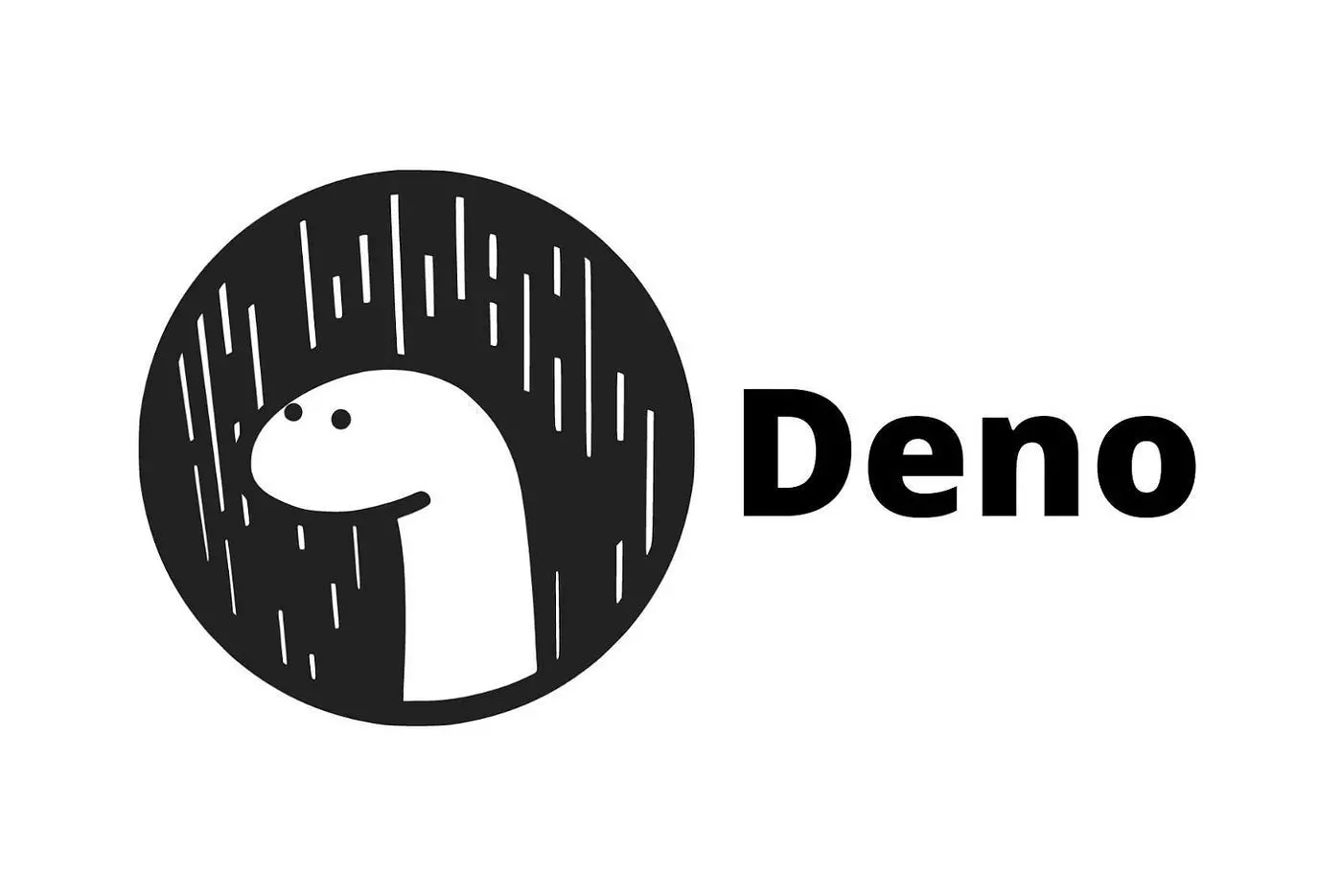
Deno: A Fresh Take on JavaScript Development
Deno: A Fresh Take on JavaScript Development
For years, we’ve tolerated the clutter of configuration files in JavaScript projects: Prettier, ESLint, module systems, ESM/CJS compatibility… It’s amazing how much junk we’ve accepted as standard practice. Enter Deno, which has evolved significantly since version 2, offering a breath of fresh air to JavaScript development.
The Evolution of Deno
Deno’s journey from a niche experiment to a serious contender in the JavaScript ecosystem is nothing short of remarkable. With version 2, the platform has made substantial improvements in usability and Node.js compatibility. The key differentiators that caught my attention:
Lightweight Development Experience
- Minimal configuration files
- Flat directory structures
- TypeScript as a first-class citizen
- A Go-like battery included experience
Modern Package Ecosystem with the @std packages
- Focus on small, well-scoped packages
- Emphasis on web compatibility
- A growing standard library for JavaScript
- Modern, clean APIs that avoid legacy baggage
The Good, The Bad, and The Future
While Deno’s progress is undeniable, it’s not without its challenges:
Current Pain Points
- Transitioning from Node.js can be tricky
- Monorepo support is still in early stages
- Documentation is catching up
- AI assistance is limited due to the ecosystem’s youth
Configuration Quirks
- Balancing Deno.json and package.json
- Alias handling can be inconsistent or hard to configure
- Migration from existing codebases requires careful planning
My Journey with Deno
I’ve been experimenting with Deno alongside traditional tools like pnpm. While I still reach for pnpm occasionally, I find myself increasingly drawn to Deno’s approach. The combination of modern JavaScript features, clean package management, and TypeScript-first philosophy makes it an attractive choice for new projects.
Conclusion
Deno represents a promising evolution in JavaScript development. While it’s not yet ready to completely replace Node.js in every scenario, its influence on modern JavaScript practices is undeniable. As the ecosystem continues to mature, I expect to see more developers embracing Deno’s lightweight, modern approach to JavaScript development.

